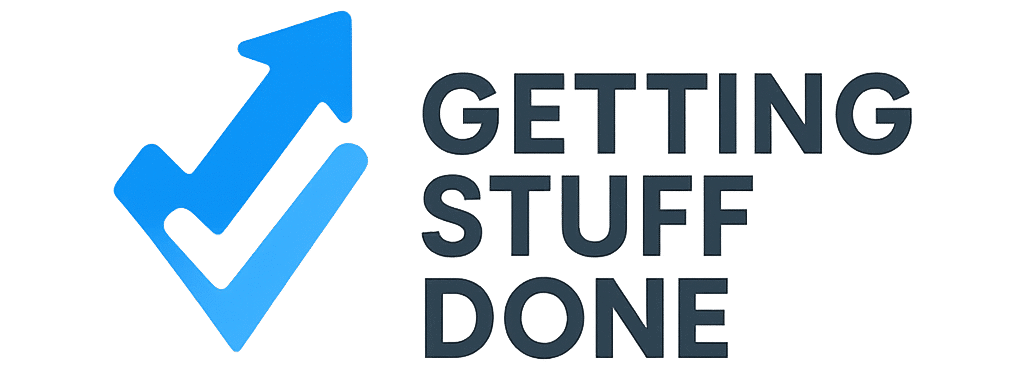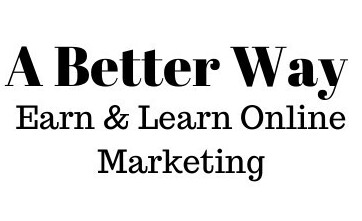Emotional paralysis can have devastating effects on our lives for many reasons. Although many live with this uncomfortable experience daily, there is a way to break free.
Far too often, we assume that we have no control over how we think and feel. This is definitely not the case.
What is Emotional Paralysis?
“Emotional well-being is more than the absence of a mental illness. It’s that resource within each of us which allows us to reach ever closer to our full potential, and which also enables us to be resilient in the face of adversity.” — Vivek Murthy —
Emotional paralysis refers to a state in which an individual feels unable to process or respond to their emotions, often leading to a sense of numbness or disconnection from feelings. This condition can arise from trauma, overwhelming stress, or prolonged emotional distress, making it difficult to engage in relationships, make decisions, or cope with daily life.
People experiencing emotional paralysis may find themselves withdrawing from social interactions or feeling stuck, lacking the motivation to address their emotional needs. Seeking support from therapy or counseling can help individuals regain emotional agency and learn effective coping strategies.
Using Emotional Paralysis as Our Safe Space
“The early adolescence years are crucial for a child’s cognitive, emotional and social development.” — Patty Mills —
Even though emotional paralysis is detrimental to our well-being, we have used it unconsciously to keep us safe. We then close the door and do not allow anyone in.
Any pain and trauma experienced when young prompted us to recoil and create an emotional shelter. It was a way to ensure our future safety.
Our emotional safety is a state where we feel protected and secure to express our ideas, thoughts, vulnerabilities, and feelings. But when we shut down, we are unable to function productively in ways that benefit ourselves and others.
Although we desire to eliminate judgment and rejection, we end up self-sabotaging ourselves by hiding out from life. Healthy relationships require that we express our emotions freely and live our lives authentically.
Emotional paralysis, while seeming to protect us, actually does us more harm than good. We have dug ourselves a hole in which to hide, rather than developing the , to face life on life’s terms.
To experience trust, mutual respect, and open communication, we must move beyond the self-protective mechanisms that we created out of fear. Then we can foster deeper connections with others and share on an authentic basis.
True emotional safety encourages us to be vulnerable in our professional and personal relationships. We then set healthy boundaries, actively listen, and express empathy.
Removing the Emotional Straitjacket
“Emotional intelligence is your ability to recognize and understand emotions in yourself and others, and your ability to use this awareness to manage your behavior and relationships.”
There comes a time when we no longer wish to live with this safety net around ourselves. The pain of holding our feelings in becomes greater than the risk of becoming vulnerable.
In fact, once we fully experience our emotions without labeling them this or that, we are willing to take more risks, realizing that we are not our feelings. This leads to greater freedom and peace.
It’s important to recognize and acknowledge our feelings without judgment. We then move forward by setting small, achievable goals that reinforce our worthiness and power.
To process our emotions, it helps to write things down through journaling, practice mindfulness, and engage in other creative outlets.
In extreme cases, support is needed from trusted friends, family, or a mental health professional. Creating a routine around social interaction, physical activity, and self-care helps tremendously.
This is all about letting go, fostering a sense of purpose, and building the momentum to engage in life productively, no matter how we feel. Over time, these uncomfortable feelings will dissipate, but we learn to recognize that we have the power within ourselves to live fully right this moment with greater confidence and clarity.
Allowing Emotional Paralysis to Melt Away
“It takes a little bit of mindfulness and a little bit of attention to others to be a good listener, which helps cultivate emotional nurturing and engagement.”
All too often, we feel we need to be in control and make things happen. Getting in our own way slows our progress.
Escaping from the prison of emotional paralysis is more of a process of “undoing” and “being”. Allowing ourselves to be who we really are requires us to recognize who we really are.
It’s a matter of recognizing the power we possess and using that power consciously and beneficially, rather than feeling victimized. It’s necessary to prove to ourselves beyond any doubt that we create our reality.
Acceptance of being responsible for everything in our lives without exception is the first step. Even if we don’t fully believe it as of yet, we must at least be “willing” to state that we are.
Are we a creator or a victim? Society reinforces the notion of being a victim. We have been brainwashed over the years to believe this as well.
Let’s allow our emotional paralysis to melt away by acknowledging ourselves as creators of our lives. There are no accidents, only effects as a result of a cause.
There are no exceptions to this. If we still need excuses to support our feelings of victimhood, anyone will do. All excuses are false, so it doesn’t matter which ones we pick.
Declaration of Freedom
“Between stimulus and response there is a space. In that space is our power to choose our response. In our response lies our growth and our freedom.” –– Victor Frankl —
Let’s declare our freedom right this moment. Regardless of our present circumstances and emotional makeup, we have the power in this Present Moment to change things up. It’s a mere decision away.
Let’s claim our power and use our ability to make conscious choices that result in actions that significantly impact our lives and circumstances positively. As we weigh the options available, we are secure in our ability to let go and dissolve any remaining emotional paralysis.
After considering all potential outcomes, we commit to a course of action. Claiming our power is essential to our personal growth, leadership, and achieving our goals.
Let’s shape our futures by navigating challenges creatively and effectively. Informed decision-making is now our ally in achieving favorable results.
Once we break free from emotional paralysis, there is no turning back. We are now on a road that leads to the fulfillment of our inherent purpose in life.
In Peace & Love,
Joseph William





This article offers a valuable perspective on emotional paralysis, framing it not just as a negative state but also as a self-protective mechanism developed, often unconsciously, from past experiences. The discussion effectively highlights how this “safe space,” while initially intended to shield us, ultimately hinders authentic connection and personal growth.
The author rightly emphasizes the importance of recognizing and acknowledging emotions without judgment as a crucial step towards breaking free. The practical suggestions, such as journaling, mindfulness, and setting small goals, provide actionable pathways for individuals seeking to overcome this state. The call to embrace vulnerability and challenge the “victim” mentality is particularly resonant.
Ultimately, the article presents a hopeful message, emphasizing the power of conscious choice in the present moment to dismantle emotional paralysis and move towards a more engaged and authentic life. The analogy of “undoing” and “being” rather than forceful control offers a gentler approach to this often difficult process.
Phil
Thanks so much. Phil, for your many insights. Much appreciated. All the Best, Joseph